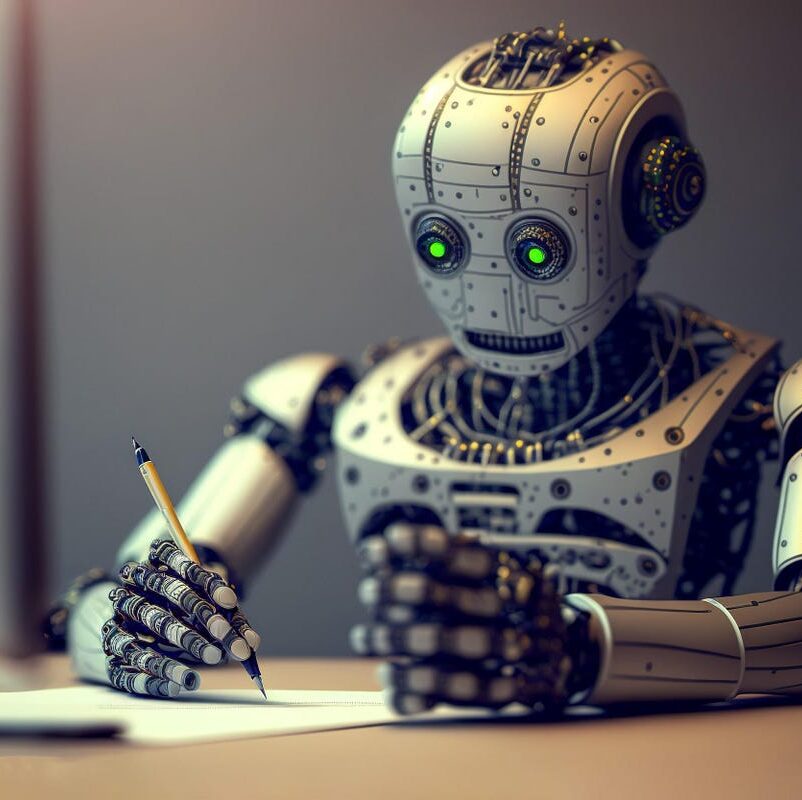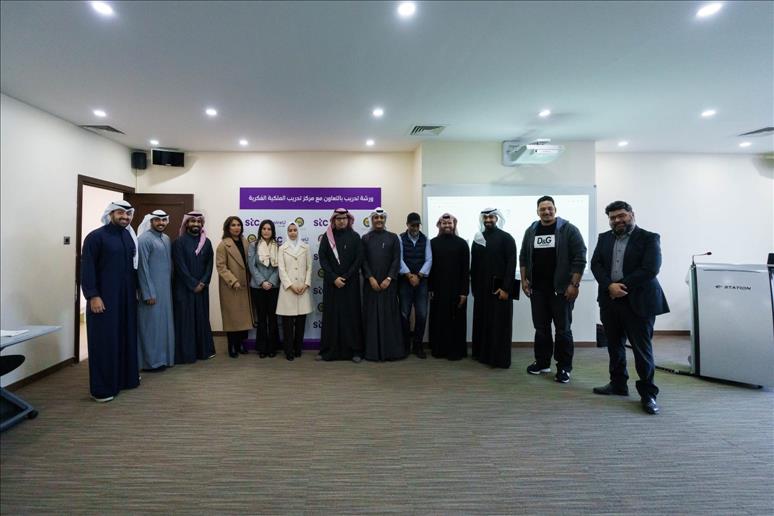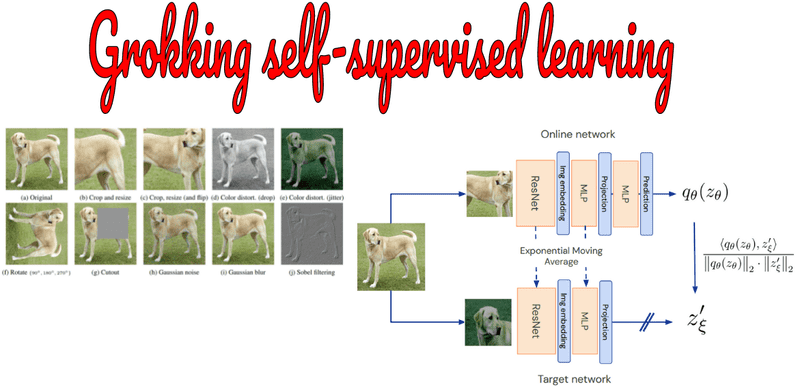
Human Resources (HR) departments play a critical role in managing an organization’s most valuable asset — its people. From recruiting new talent to managing employee benefits and compensation, HR teams are responsible for ensuring a company’s workforce is engaged, productive, and motivated.
The 7 Best Examples Of How ChatGPT Can Be Used In Human Resources (HR)
HR departments can now leverage AI tools like ChatGPT to streamline their processes and achieve greater efficiency. ChatGPT can be a powerful tool for HR professionals in a variety of ways, including automating repetitive tasks, providing real-time support to employees, and enhancing the overall employee experience.
Let’s dive into some specific use cases for ChatGPT in human resources and talk about the benefits these types of language models can bring to HR departments and organizations as a whole.
1. Recruitment
HR departments can leverage ChatGPT to streamline their operations, improve the candidate experience, and make more informed hiring decisions.
ChatGPT can automate repetitive tasks in the recruitment process, like screening resumes and scheduling interviews. Automating these types of tasks can free up HR professionals to focus on more strategic activities.
ChatGPT can also assist in candidate engagement by providing real-time support and answering frequently asked questions about the company and the application process.
HR professionals can also use ChatGPT to identify potential candidates who may be a good fit for the organization based on their skills, experience, and education.
2. Employee Onboarding
HR departments can use ChatGPT to improve the onboarding experience for new hires, reduce the workload on HR team members, and ensure that new employees have access to the resources they need to be successful in their new roles.
HR teams can set up ChatGPT to provide real-time support and guidance to new hires — including answering common questions about company policies, procedures, and benefits and providing guidance on completing required paperwork.
ChatGPT can also help to automate administrative tasks, such as scheduling orientation sessions or sending reminders to new hires about required training.
3. Training
By leveraging ChatGPT in training, HR departments ensure that employees have access to the resources they need to develop new skills and knowledge required for their job.
ChatGPT can provide employees with instant access to training materials and answer questions about workshops and programs.
HR professionals can also automate administrative tasks with ChatGPT, including scheduling training sessions or providing reminders to employees about upcoming events. ChatGPT can even create personalized training plans for employees based on their specific needs and skill sets.
4. Performance Management
ChatGPT can assist in the performance management process by providing managers with guidance on conducting performance evaluations and answering employee questions about performance metrics or feedback.
HR professionals can get real-time insights on employee performance, and they can set up alerts that go to the human resources team as well as to individual managers.
5. HR Chatbots
ChatGPT can be used to develop conversational chatbots for HR departments to improve the overall employee experience. Through chatbots powered by AI, employees can get instant support for common HR-related questions about things like benefits, vacation policies, or payroll.
6. Employee Engagement
ChatGPT can be a useful tool for improving employee engagement by providing workers with real-time support, personalized assistance, and instant access to information and resources. It can assist in answering questions about company policies, culture, procedures, and benefits, as well as provide guidance on completing various forms and requests.
Giving employees access to training and professional development opportunities is an important part of keeping them engaged — and as we talked about above, ChatGPT can be a valuable training tool for HR departments.
By leveraging ChatGPT to improve employee engagement, HR departments can create a more productive and satisfied workforce, reduce employee turnover rates, and drive business success.
7. Compliance
HR professionals can also use ChatGPT to ensure that their HR policies and practices are consistent, accurate, and compliant with local and national regulations — so they avoid legal or reputational risks that may result from noncompliance.
ChatGPT can assist in providing employees with up-to-date information on compliance-related matters like employment laws, payroll and tax regulations, and health and safety protocols. The model can also help HR departments track and monitor employee compliance with HR policies, such as attendance, leave requests, and work hours.
The Power of ChatGPT for Human Resources
Anyone in the HR field should understand the incredible capabilities of ChatGPT as it continues to advance and improve. There’s one thing we know for sure: Language models and AI will disrupt and offer new opportunities (as well as threats) to HR roles.
To stay on top of the latest on new and emerging business and tech trends, make sure to subscribe to my newsletter, follow me on Twitter, LinkedIn, and YouTube, and check out my books ‘Future Skills: The 20 Skills And Competencies Everyone Needs To Succeed In A Digital World’ and ‘Business Trends in Practice, which won the 2022 Business Book of the Year award.



